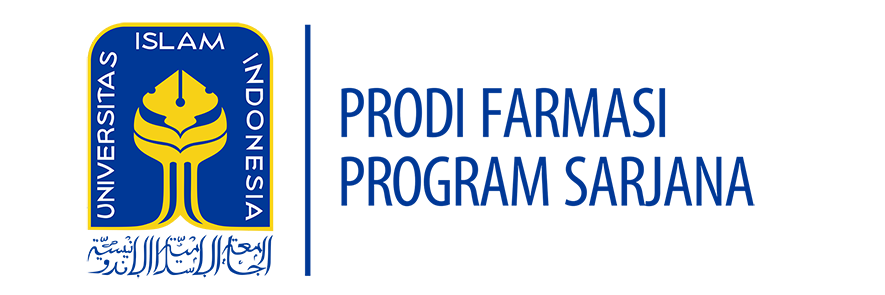| Module Name | Molecular Biology and Genetics | ||||
| Module level, if applicable | 2nd year | ||||
| Code, if applicable | SFA-326 | ||||
| Semester (s) in which the module is taught | 3rd semester | ||||
| Person responsible for the module | Apt. Annisa Fitria, M.Sc. | ||||
| Lecturer(s) | Apt. Annisa Fitria, M.Sc.
Apt. Hady Anshory T.M.Sc |
||||
| Language | English- Indonesia | ||||
| Relation to curriculum | Compulsory course | ||||
| Types of teaching and learning | Class size | Attendance time (hours per week per semester) | Forms of active participation | Workload | |
| Teaching | 50 | 2 | Collaborative discussion | Lecture: 3 (hour) x 14 (meeting) | 52 |
| Discussion and Presentation | Presentation | Preparation and follow up 5 (hour) x 14 (self-learning) | 70 | ||
| Total workload | 84 hours | ||||
| ECTS | 3 ECTS | ||||
| Credit points | 2 CU | ||||
| Requirements according to examination regulations | Minimum attendance at lectures is 75% (according to UII regulation). Final score is evaluated based on assignment and reports (40%) and exam (60%) | ||||
| Recommended prerequisites | Biochemistry | ||||
| Related course | – | ||||
| Module objectives/intended learning | By the end of this course students should be able to:
|
||||
| Content | The course will cover:
This course aims to support the Learning Outcomes of Graduates, namely being able to apply the concept of occupational health and safety in carrying out pharmaceutical work, as well as being skilled in analyzing quality assurance and halal pharmaceutical preparations. The main objective of this course is that students are able to apply aseptic techniques in working in pharmaceutical microbiology laboratories, besides that students are also able to analyze microbial contamination in drug preparations, and are able to test antimicrobial and antiprotozoal activity.. |
||||
| Study and examination requirements and forms of examination | Mid-term, Final term, presentation, quiz, assignment, and collaborative discussion | ||||
| Media employed | Text books, slides (power points), and video | ||||
| Reading lists |
|
||||
